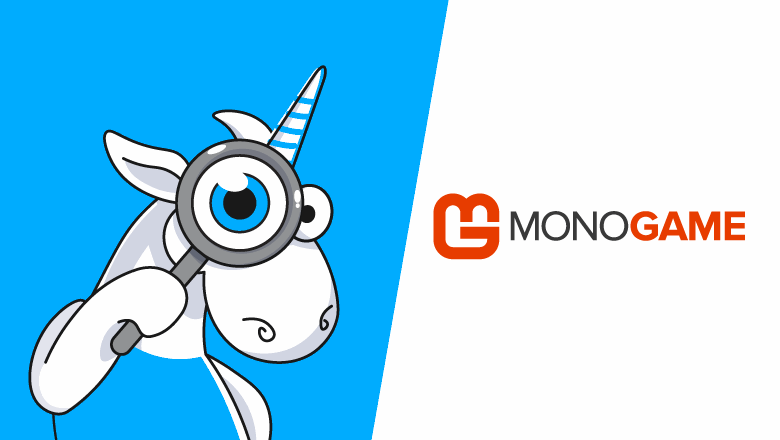
The PVS-Studio analyzer often checks code of libraries, frameworks, and engines for game development. Today we check another project — MonoGame, a low-level gamedev framework written in C#.

Game development

The PVS-Studio analyzer often checks code of libraries, frameworks, and engines for game development. Today we check another project — MonoGame, a low-level gamedev framework written in C#.
It's cool when enthusiastic developers create a working clone of a famous game. It's even cooler when people are ready to continue the development of such projects! In this article, we check TheXTech with PVS-Studio. TheXTech is an open implementation of the game from the Super Mario universe.
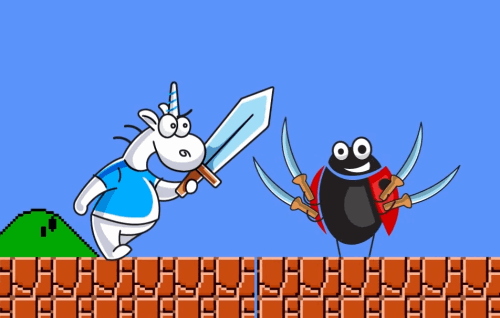
One of the mechanisms of static analysis is method annotations of popular libraries. Annotations provide more information about functions during errors detecting. CARLA is an impressive open-source project in C++ that helped us implement this mechanism to our analyzer. Subsequently, the simulator became a test-target for the improved PVS-Studio static analyzer.


So, I finally found a moment to write a bit about how we created the water for TReload. Our basic goal was to flood all of the levels with acid - a lot of acid, as the flooded area is massive :) Here’s one of the results which we got out of this process:
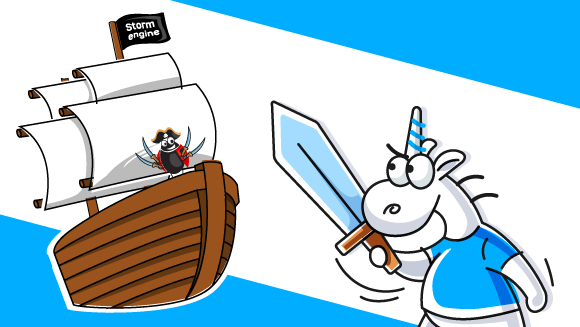
PVS-Studio is a static analysis tool that helps find errors in software source code. This time PVS-Studio looked for bugs in Storm Engine's source code.
What this article is about
In this article, we will talk about multithreading in the backend.
• how it is implemented
• how is it used
• what can be done
• what we invented ourselves
All these questions are relevant only if you develop something for the server side - modify the Server SDK code, write your own plugin, or even start some server application from scratch.
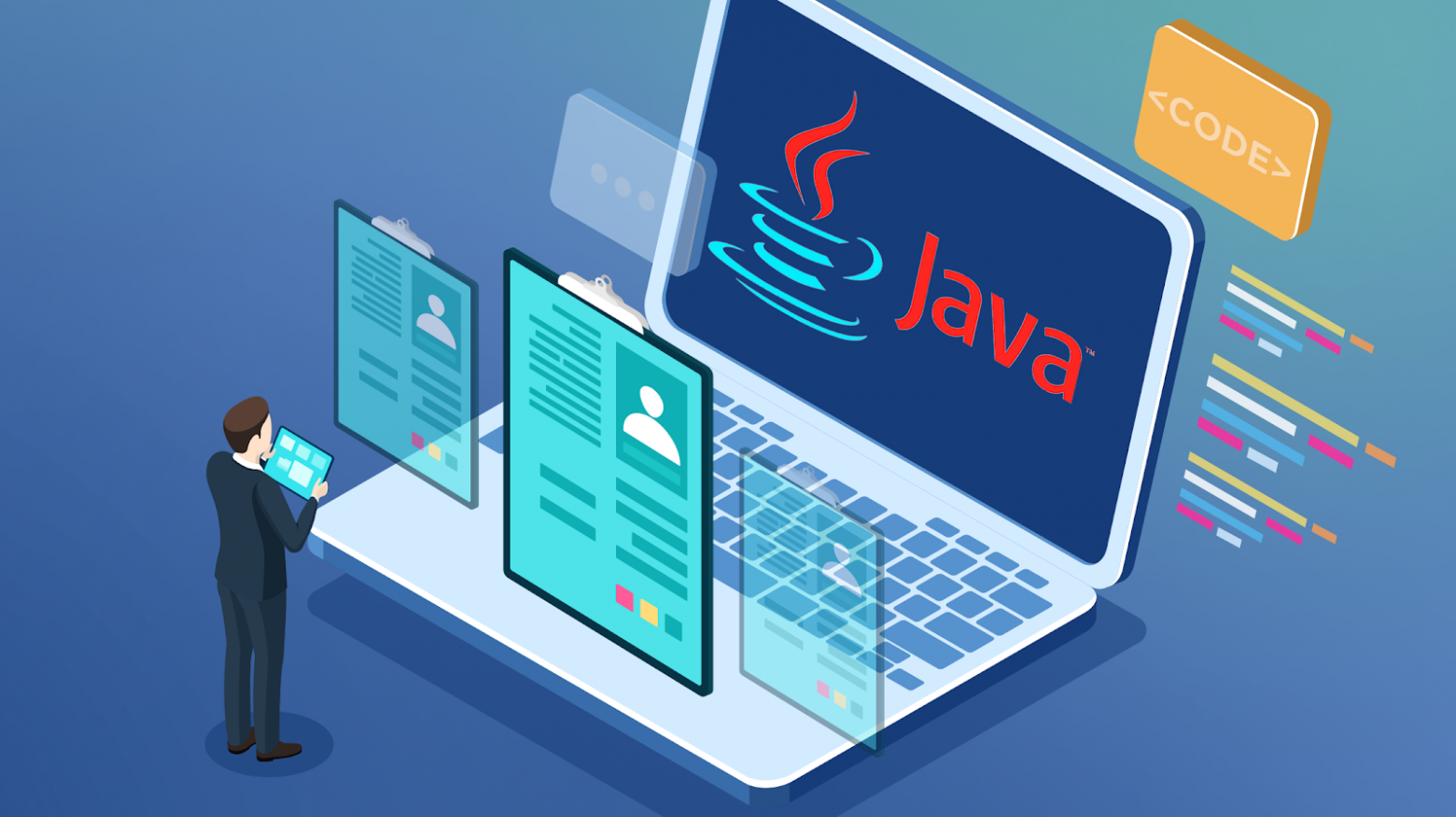
The previous year has been very distressing for businesses and employees. Though, software development didn’t get so much affected and is still thriving. While tech expansion is continuing, Java development is also going under significant transformation.
The arrival of new concepts and technologies has imposed a question mark on the potential of Java developers. From wearable applications to AI solutions, Java usage is a matter of concern for peers.
Moreover, it is high time that developers enhance their skills as to the changing demands of the industry. If you are a Java developer, surely you too would be wondering what I am talking about what things you should learn.
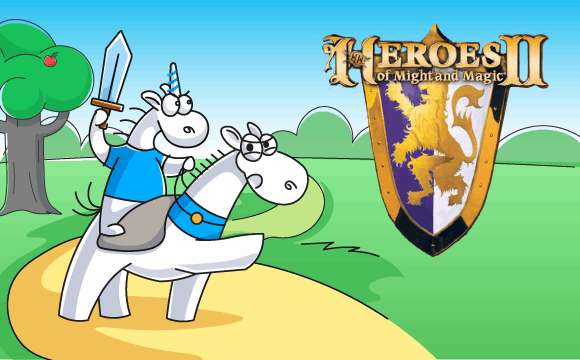
Recently we found out that the new version of the fheroes2 project was released. In our company there are many fans of Heroes of Might and Magic game series. So, we couldn't pass it up and checked the project by PVS-Studio.

Hey everyone! I represent a game studio without a name, and the project we’re working on goes by the technical name of "CGDrone". I started writing this article earlier today, having tortured myself for ages with sketches, colours, algorithms and correcting bugs in rotations based on quaternions (the last one just about finished me off). You can probably understand I needed a break.
I’ve often come across stories people have posted online about how they made their game, the difficulties they faced, and the result they achieved at the end. Likewise, our team has its own story, and I’d like to share a bit about it.
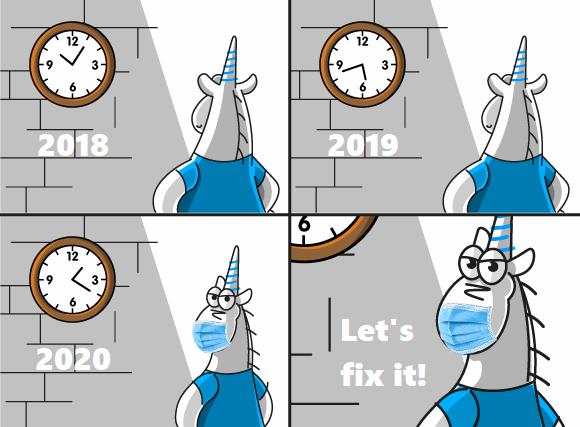

Major players in the Chinese app market are joining forces to take on the almighty Google Play store. Xiaomi, Oppo and Vivo are reported to launch the Global Developer Service Alliance (GDSA), a platform allowing Android developers to publish their apps in the partnering stores from one upload.
The GDSA is expected to launch in nine countries—including India, Indonesia, Malaysia, Russia, Spain, Thailand, the Philippines, and Vietnam—although paid app support may vary across the regions. Canalys’ Nicole Peng explains the wide reach of this alliance:
By forming this alliance each company will be looking to leverage the others’ advantages in different regions, with Xiaomi’s strong user base in India, Vivo and Oppo in Southeast Asia, and Huawei in Europe.
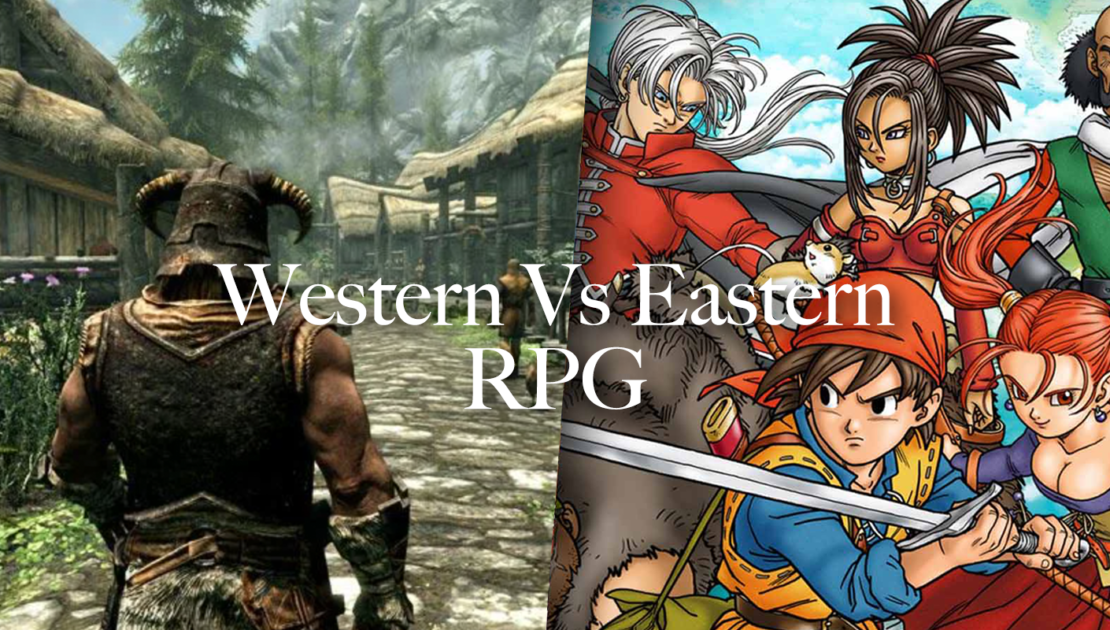
The Chinese Mobile RPG: the Genre of Giants.
Chinese RPGs make up 56% of the top 500 grossing iOS games in China. According to data gathered in 2019 by Game Refinery’s Joel Julkunen. Let’s take a look at the genre and some important points for game developers and RPG enthusiasts to consider Chinese Mobile RPGs.
RPG or role-playing game is a game where the player plays as a character, often the main character, in a fictional game world.
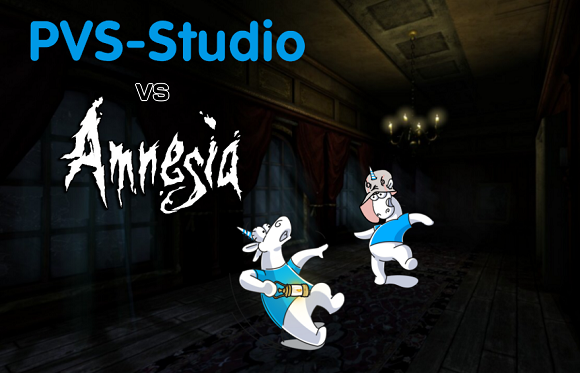
Each game has data that game-designers work with. In RPG there is a database of items, in match-3 — the cost in the crystals of tools from the store, in action — hit points, for which medical kit heals.
There are many ways to store such data — someone stores it in tables, in XML or JSON files that edit with their own tools. Unity provides its own way — Scriptable Objects (SO), which I like because you don't have to write your own editor to visualize them, it's easy to make links to the game's assets and to each other, and with Addressables this data can be easily and conveniently stored off-game and updated separately.
In this article I would like to talk about my SODatabase library, with which you can conveniently create, edit and use in the game (edit and serialize) scriptable objects.
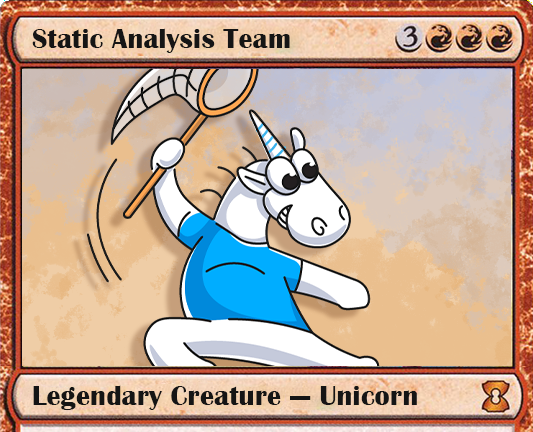
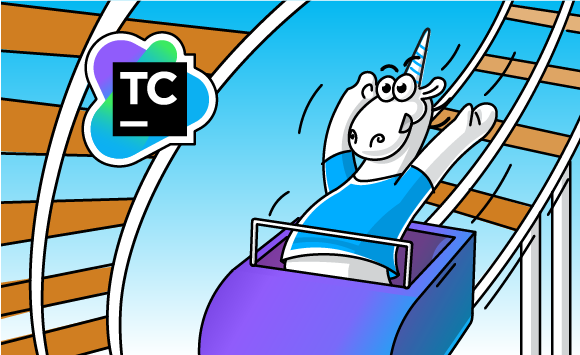
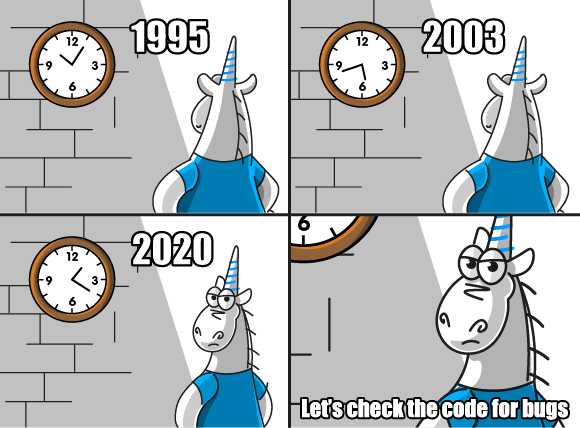
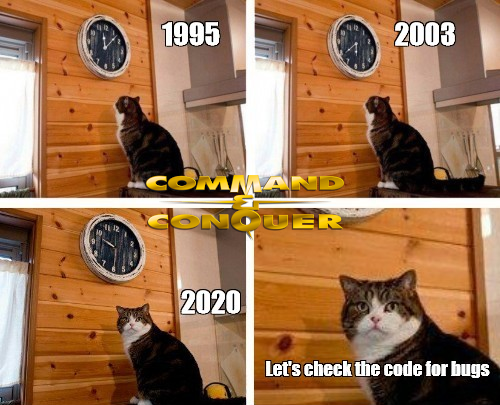
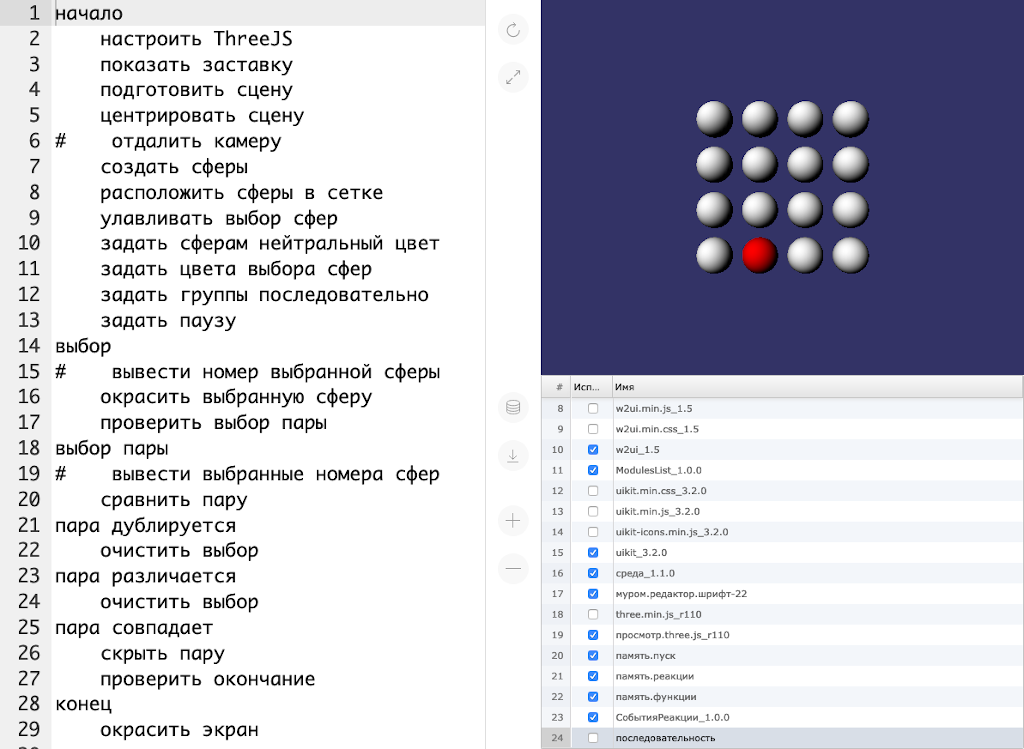
Hi, my name is Michael Kapelko. I'm a professional software developer. I'm fond of developing games and teaching folks to program.
Preface
Autumn 2019 was the third time I participated as one of the teachers in the course to teach 10-15-year-old folks to program. The course took place from mid. September to mid. December. Each Saturday, we were studying from 10 AM to 12 PM. More details about the structure of each class and the game itself can be found in the 2018 article.
I have the following goals for conducting such courses:
You've optimized all of the low-hanging fruits of your game. Except that you didn't. You missed a sneaky, non-so-obvious spot: optimizing your Unity Scene Hierarchy.

What's the crack with the hierarchy now?
I want to show you something.